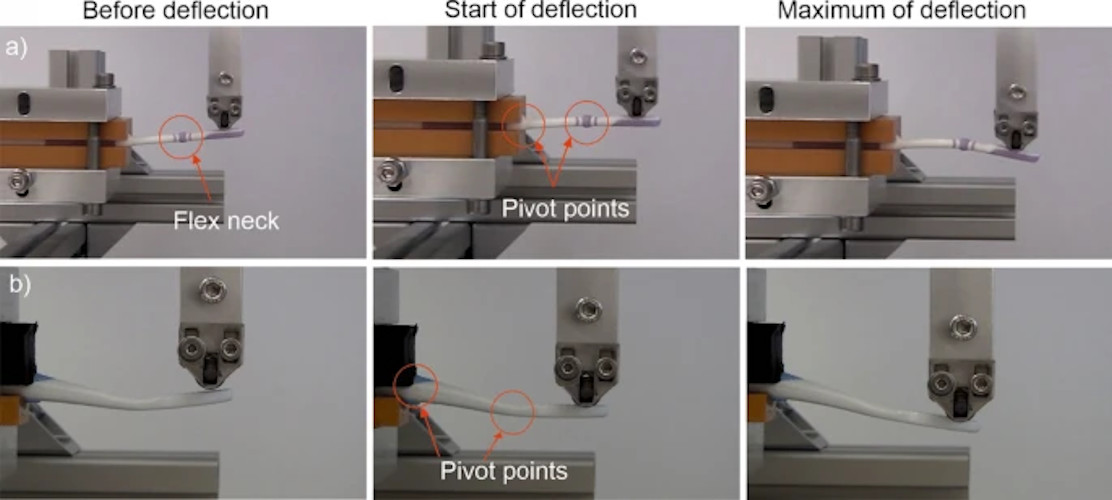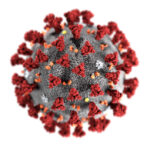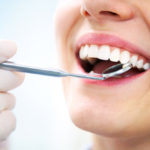This New Toothbrush may change how you Brush
Brush with a new pivoting design will brush gentler than traditional ones

According to a new study published June 8 in BMC Oral Health, using a toothbrush with a joint-like element that makes the neck flexible may result in patients exerting less force when cleaning their teeth.
Flexible neck brushes bend more than traditional toothbrushes, providing a gentler brushing action than traditional toothbrushes. According to the authors, a more bendable brush could mean less damage to teeth and gums.
“The novel toothbrush designs, with the addition of a flexible component in the neck of the test toothbrushes, increase neck flexibility under typical toothbrushing forces,” wrote the authors, led by Peter Gaengler of the Institute for Oral Medicine at the University of Witten, Herdecke, Germany.
Clinicians used a universal testing device to perform mechanical tests on 10 samples of each brush type to compare deflection levels as a function of the force applied between flexible-neck and rigid-neck toothbrushes.
The Experiment
When the same bending force was applied during testing, the toothbrush with the flexible neck measured 2.5 times less force at the head than the toothbrush with the rigid neck. The deflection was caused by the flexible neck component, not the angle of the toothbrush head or the different leverage effects, they wrote.

Therefore, the flexible-neck element produced lower force and a smaller moment arm, which provide softer brushing action that may curb overbrushing and related damage to the oral mucosa and tooth surfaces, Gaengler and colleagues wrote.
“This design may reduce the force transmitted from the toothbrush to dental surfaces, resulting in lower shear and compressive stresses, and consequently potentially less damage to the teeth and gums,” they concluded.
Disclosure: GSK Consumer Health funded the study.
Call Prima Family Dental at 781-944-4450 and make an appointment with us today.



